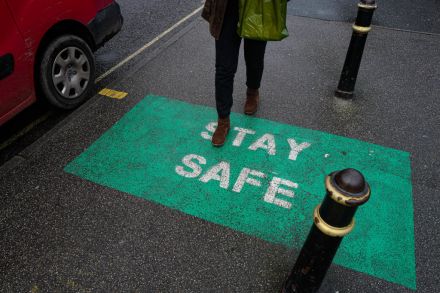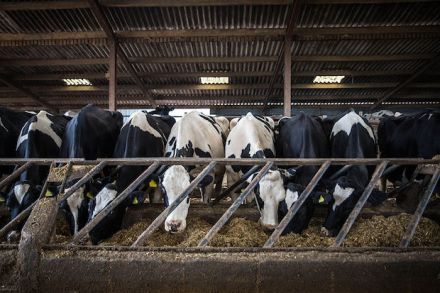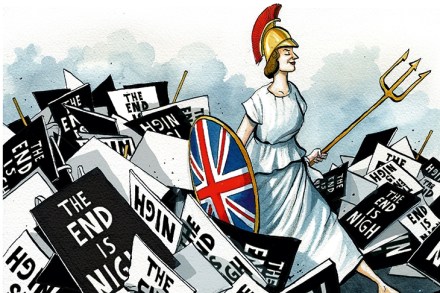Why aren’t we in a recession?
Well, that’s alright, then — we’re not going to have another recession. True, the Bank of England’s monetary policy committee expects the economy to shrink by 4 per cent in the first quarter of this year — following a fall of 9.9 per cent fall last year, itself the deepest plunge in economic growth in modern times. By the spring, we may have several million unemployed as the furlough scheme comes to an end. Many thousands of businesses could go bust as they run out of money and government help is withdrawn. But at least we won’t be in recession: because that ended last June and now we’re back in



















